US$6,3 million Swedish Embassy fund programme to benefit 10K women

Sikhulekelani Moyo, Business Reporter
OVER 10 000 women in the informal sector in Zimbabwe are set to benefit from a US$6,3 million Swedish Embassy funded Catalysing Economic Development through the Informal Sector (CEDIS) programme that aims to facilitate growth and development in the informal sector.

The initiative targeting women between 18 to 35 years is being implemented with the Mercy Corps Gender Zimbabwe in partnership with the Ministry of Women Affairs, Community, Small and Medium Enterprises Development, the Swedish Embassy, local authorities, and the private sector.
The CEDIS programme is a four-year programme ( July 1, 2022, to June 30, 2026) that aims to improve incomes and resilience to shocks and stresses of vulnerable women in the urban and surrounding rural areas of Bulawayo and Mutare through sustainable informal and micro-enterprise livelihood projects.
The programme was officially launched last week in Bulawayo.
Sweden believes that the CEDIS project will assist with the productive engagement of the actors in the informal sector, particularly women, and improve their incomes, working conditions as well as the resilience to shocks and stresses through sustainable informal and micro-enterprise livelihoods.
“We are excited that the CEDIS programme’s expected results will feed into the overall key results in the inclusive economic development thematic area particularly in the sub-objective looking at improved opportunities for productive employment and decent work,” said programme officer of development cooperation from the Swedish Embassy Ms Simangaliso Chitate in a speech she read on behalf of the deputy head of mission and head of development cooperation at the Swedish Embassy Dr Berthollet Kaboru.
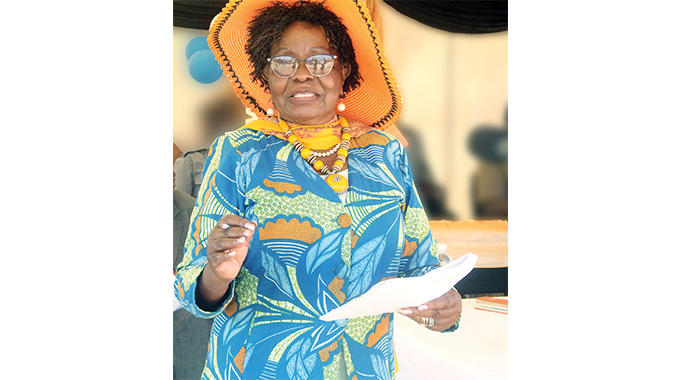
Dr Sithembiso Nyoni
Minister of Women Affairs, Community, Small, and Medium Enterprises Development Dr Sithembiso Nyoni said the CEDIS programme will complement Government’s thrust of empowering and strengthening the resilience of women and women-led enterprises to respond to business environmental shocks.
The programme also aligns with the Ministry’s Vision 2030 which aims for socially and economically empowered women and resilient communities enjoying gender equality in a small and medium enterprise-driven economy by the year 2030.
“Despite the high numbers of women in this sector, women-owned enterprises face multiple challenges that affect their productivity, growth, and competitiveness.
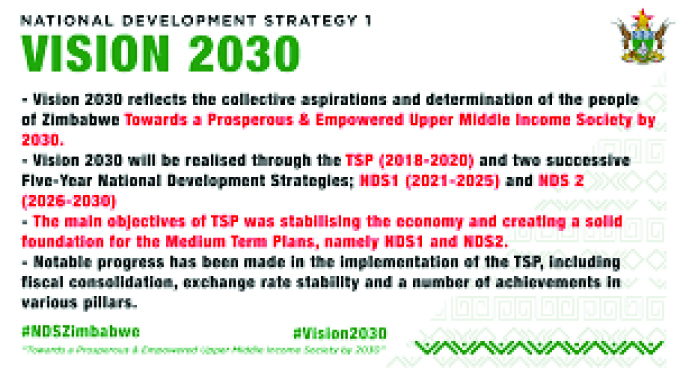
Vision 2030
These challenges include limited access to quality machinery, inadequate workspace, limited access to finance, high labour costs and poor working conditions, and weak technical and entrepreneurial capacities required for sustainable business operations,” said Dr Nyoni.
“The CEDIS program is therefore timely as it will complement the efforts of the Government in empowering and strengthening the resilience of women and women-led enterprises to respond to business environmental shocks and stresses.”
Mercy Corps country director Ms Mildred Makore said the sustainability of the CEDIS programme is anchored on the partnership between development agencies, the Government, and the private sector.
“The most important part of this programme is a partnership. During the pilot phase CEDIS will facilitate change in the waste management, agro-processing, and small-scale manufacturing sectors, and promote productive use of renewable energy,” said Ms Makore.
The official launch brought in representatives from the Ministry of Women Affairs and Local Authorities from Manicaland, Matabeleland South, and Bulawayo provinces.
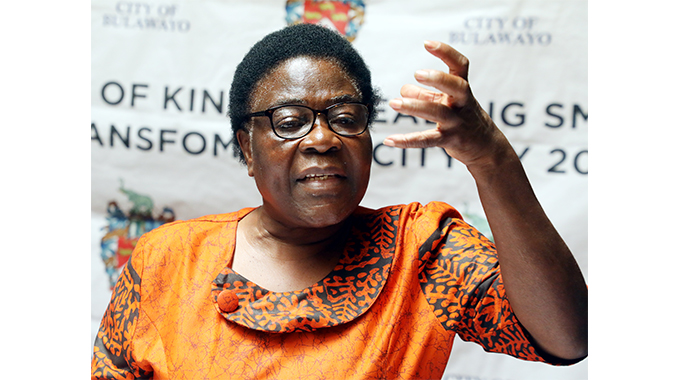
Minister Judith Ncube
In her welcoming remarks, Bulawayo Minister of State for Provincial Affairs and Devolution Judith Ncube said the CEDIS programme will contribute positively to the growth of the informal sector and the well-being of women in Zimbabwe.
She also called upon all stakeholders including the private sector to engage more with women and tackle challenges they face at the household level and broadly in the informal sector.
“This should go beyond addressing symptoms of gender-based inequalities to tackle underlying social norms, attitudes, behaviours, and systems that have the potential to increase women’s economic partnerships at the household level and trickle effect at the national level,” said Minister Ncube.
@SikhulekelaniM1


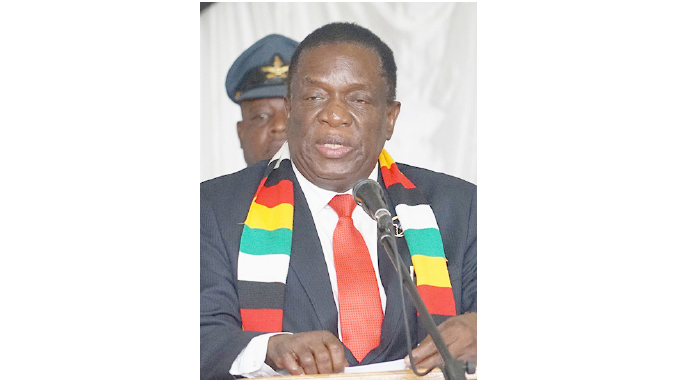
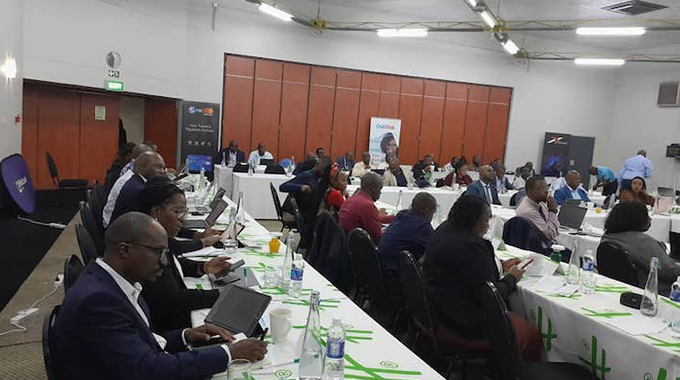







Comments